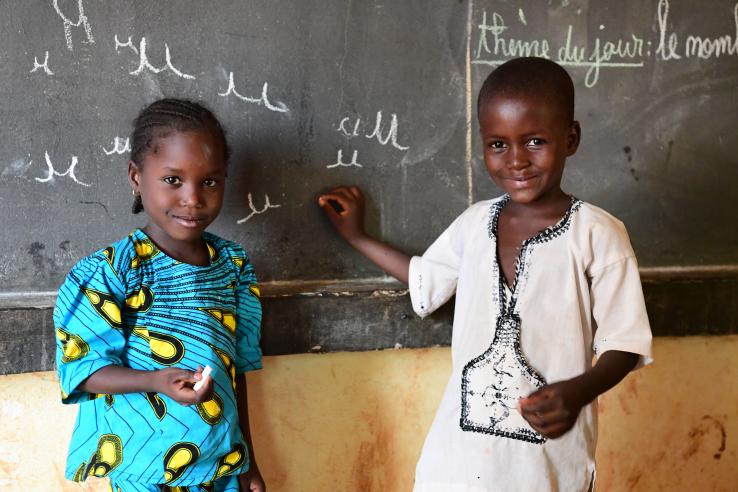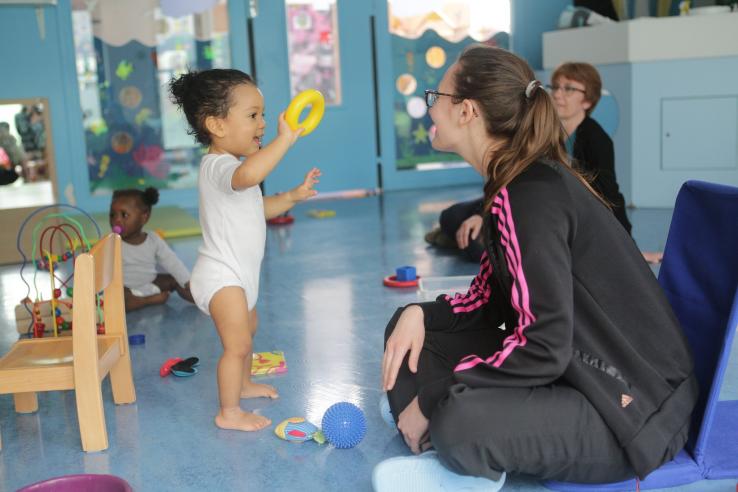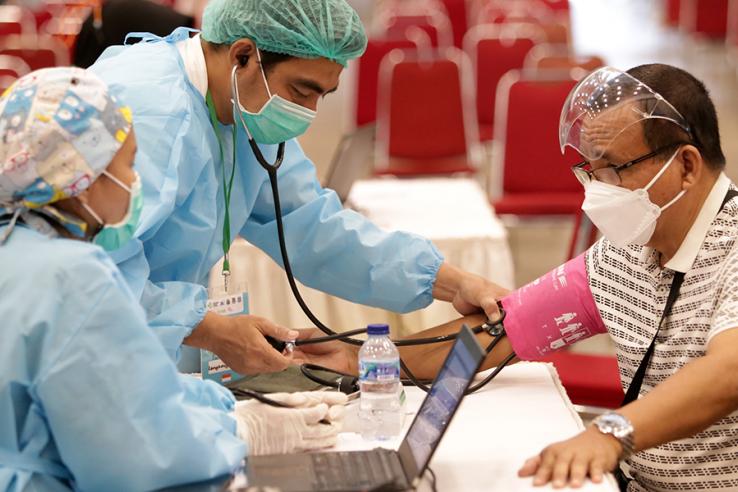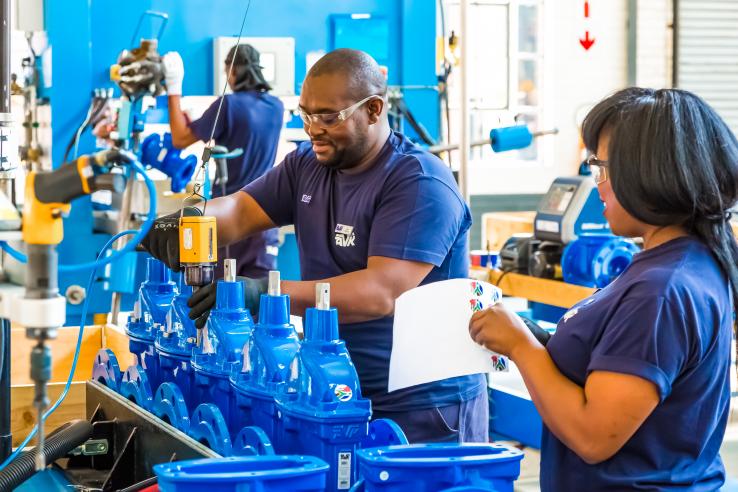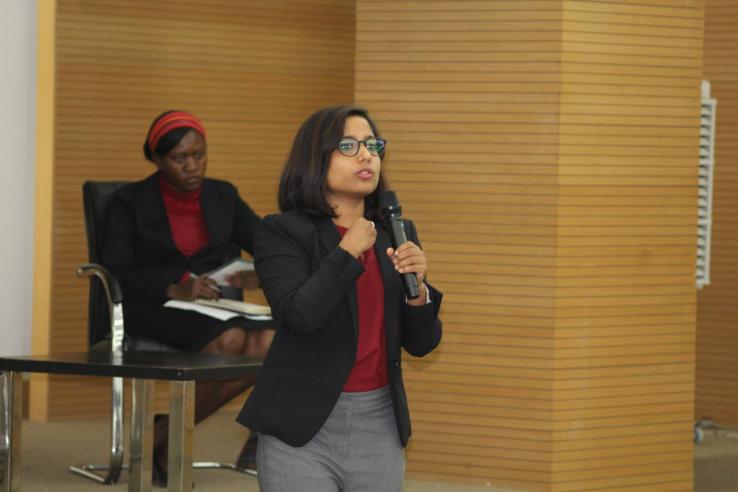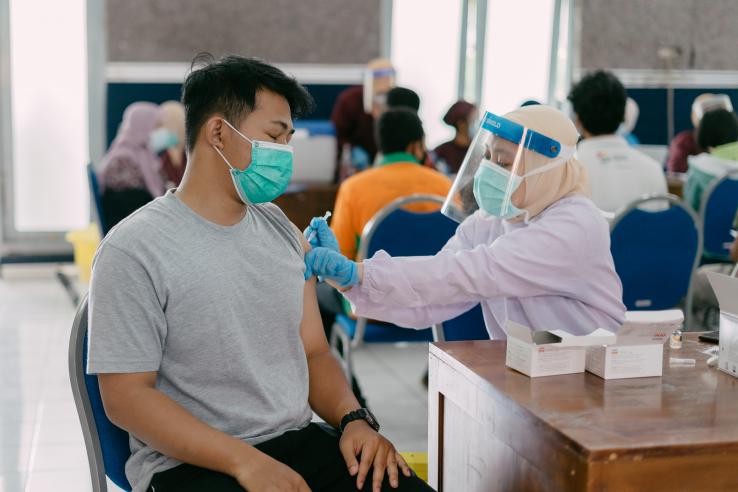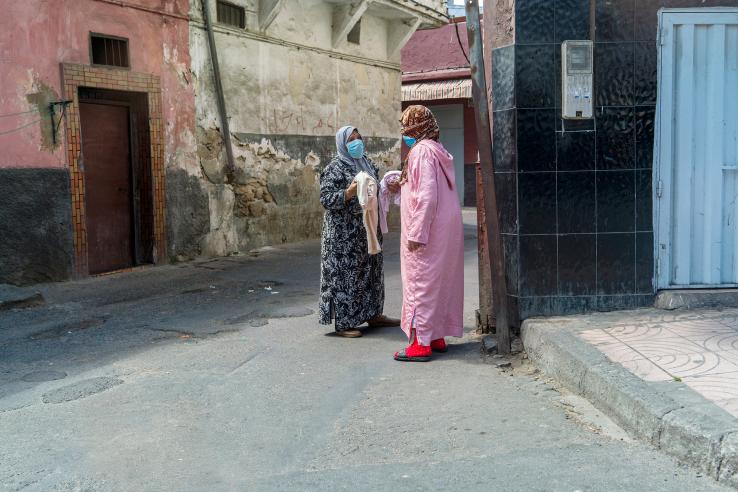Displaying 2671 - 2685 of 8473
Blog
In part three of our qualitative research blog series on incorporating qualitative research into randomized evaluations, we learn more about how researchers conducting the Creating Moves to Opportunity (CMTO) project embedded qualitative research methods into their study and what factors made...
Blog
For the final part of our blog series on incorporating qualitative research into randomized evaluations, we spoke with Associate Professor of Social Work and co-author of the Oregon Health Insurance experiment, Heidi Allen, about how in-depth interviews with study participants helped the research...
Update
J-PAL Updates
A randomized evaluation of a nationwide information campaign on Facebook found that short messages from physicians and nurses had a significant impact on reducing holiday travel and decreasing subsequent Covid-19 infection rates. Researchers found that the campaign, which reached almost 30 million...
Blog
To support education systems to focus on functional literacy and numeracy, UNICEF is partnering with The Abdul Latif Jameel Poverty Action Lab (J-PAL at MIT), Pratham , and Delivery Associates .
Update
J-PAL Updates
A new large-scale randomized evaluation has found that messages delivered by physicians increased knowledge about Covid-19 and use of preventative health measures, like mask-wearing and social distancing, regardless of recipients’ race or political beliefs. This research shows that information...
Blog
Scaling up programs that have strong evidence of effectiveness is a vital but often complicated step along the evidence-to-policy journey, and J-PAL has learned a lot about collaborating with policymakers to translate research into large-scale action. In this blog post, Iqbal Dhaliwal (Global...
Update
J-PAL Updates
In the July 2021 newsletter, we highlight a new op-ed addressing how deeply unequal access to Covid-19 vaccines may be diminishing trust in high-income countries to meet other promises related to climate change.
Event
J-PAL’s Jobs and Opportunity Initiative (JOI) is excited to launch its African Scholars program beginning in the Fall 2021 request for proposal round, which will offer research funding to African scholars (individuals who have completed their PhD in Economics or a related field who are based at an...
Blog
Rachna Nag Chowdhuri ‘13 (former research manager at J-PAL South Asia) discusses her work at the Global Innovation Fund to reimagine how funders measure and value impact on gender equality outcomes.
Resource
Basic page
Blog
J-PAL SEA recently hosted a webinar aimed at providing insights into the Government of Indonesia’s policy directions and learnings from global evidence on challenges faced in different sectors. Read the key takeaways from the discussion.
Blog
As a former research manager at J-PAL Europe, Juliette Seban managed several randomized evaluations while pursuing a PhD in development economics. Juliette is now the executive director of France’s new Fund for Innovation in Development (FID). She reflects on her PhD experience, her work at J-PAL...
Person
Jamie Simonson is a Policy Associate at J-PAL North America, where he primarily supports work in the education sector to develop and disseminate rigorous evidence on policies that impact students experiencing poverty.
Blog
J-PAL affiliates Marcella Alsan and Amy Finkelstein highlight four key benefits of randomized evaluations that are useful for addressing pressing health policy questions, drawing from their recent Milbank Quarterly article.
Resource
Basic page
J-PAL MENA is coordinating efforts by affiliates and staff to understand and mitigate the impact of Covid-19 in the region.



